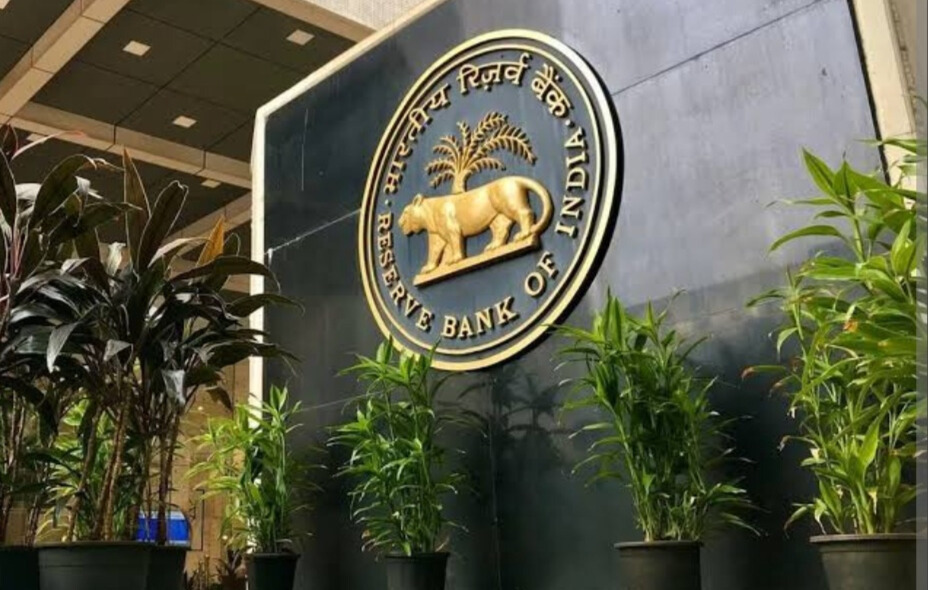RBI Announces 8% Interest on Floating Rate Bond 2034
The interest rate for the Federal Reserve Bank (FRB) is determined by calculating the average of yields from recent auctions of short-term government debt, such as Treasury Bills. This interest rate is adjusted every six months. From April 30, 2024, until October 29, 2024, the interest rate will be 8%.

The Government of India has recently introduced a Floating Rate Bond (FRB) that will mature in 2034. The Reserve Bank of India (RBI) has announced an interest rate of 8% for the Floating Rate Savings Bond (FRSB) 2034. This bond offers an adjustable interest rate that changes every six months based on market conditions.
The interest rate for the FRB is determined by averaging the yields of recent auctions for short-term government debt, such as Treasury Bills. This rate adjusts every six months. Currently, the interest rate stands at 8% for the period between April 30, 2024, and October 29, 2024.
Read Also : IndusInd Bank Q1 FY25 results, net profit at 2% YoYThe floating-rate bonds (FRBs) offer investors flexibility as their interest rates are adjusted based on prevailing market conditions. These bonds have a maturity period of seven years, a minimum investment of Rs 1,000, and no maximum limit. The interest rate is derived from the average interest rates from the previous three auctions of short-term government debt, supplemented by a fixed additional amount of 0.98%.
Interest payments are made semi-annually on January 1 and July 1, without provisions for cumulative interest payments. As they are backed by the government of India, FRBs are considered one of the safest investment options, making them suitable for conservative investors seeking stable returns.
Read Also : RBI issues guidelines on higher liquidity coverage ratio for retail depositsFRBs offer complete capital protection, but they do not provide protection against inflation, which can result in no actual returns if inflation rises above the interest rate. These bonds are not listed or traded, and you cannot take loans against them. Senior citizens are allowed to withdraw their investment before the maturity date with a penalty after a minimum lock-in period, which varies from four to six years based on age brackets.
Floating-rate bonds are an excellent choice for conservative investors who want guaranteed returns over a fixed tenure. However, they may not be suitable for those who are willing to take on greater risks for potentially higher returns. If you are willing to take on more risk, you may want to consider alternatives such as balanced mutual funds, bank fixed deposits, or company deposits.
Read Also : India assumes the Chair of Asian Disaster Preparedness CentreNews Must Read
- Karnataka Bank Announced record Q1 Net Profit at Rs. 400.33 CR
- NTPC, BHEL shares soar higher amid JV announcement in Budget 2024
- BEL signs tripartite MoU for manufacture of indigenised ammunition
- Goa Shipyard Limited launched first indigenous P1135.6 Frigate
- Chandan Sinha appointed as Non-Executive Part Time Chairman of RBL Bank
- OIL and Dolphin Drilling signs contract for hiring of Blackford Dolphin
- Cmde D.K. Murali, IN (Retd.) Joins as CMD of BECIL
- Samir Chandra Saxena Appointed as Director (Market Operation) of GRID-INDIA
- MOIL CMD bags Title 'CEO of the Year'
- ONGC sign MoU with GSI to advance geothermal exploration in Ladakh
